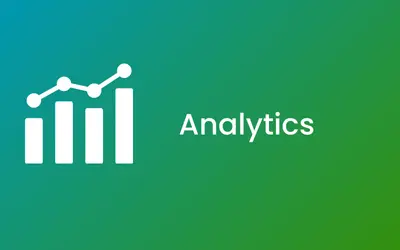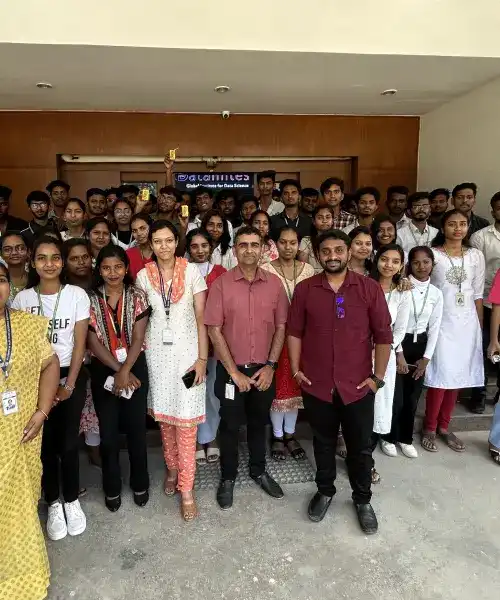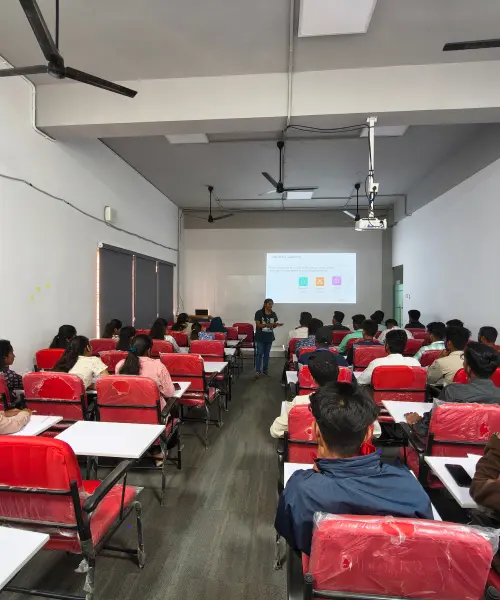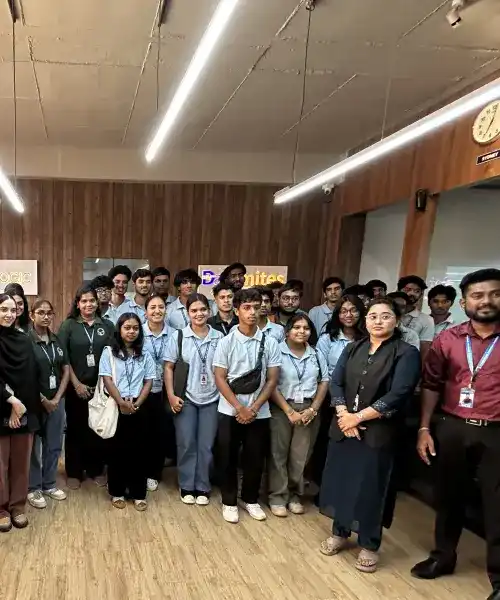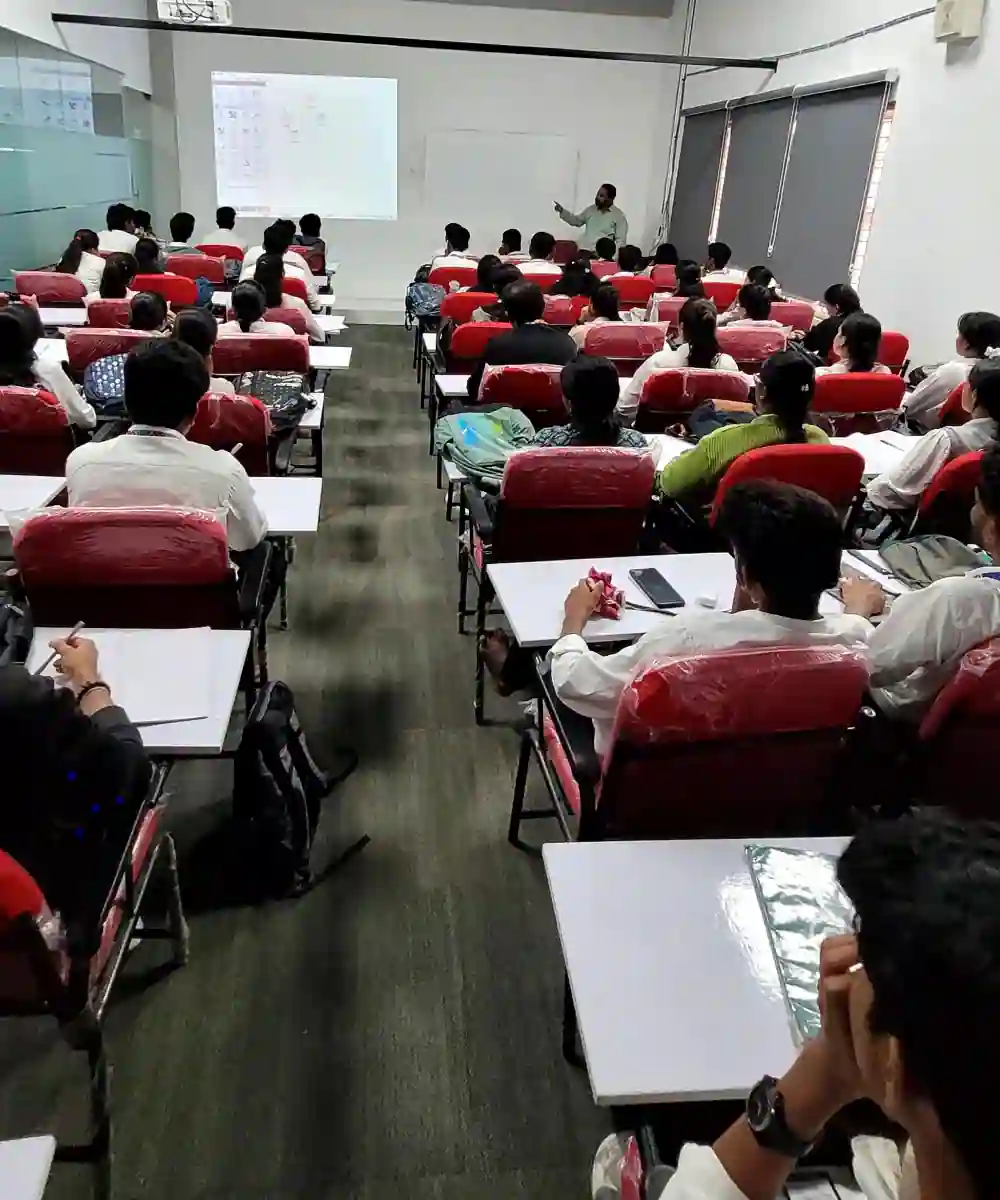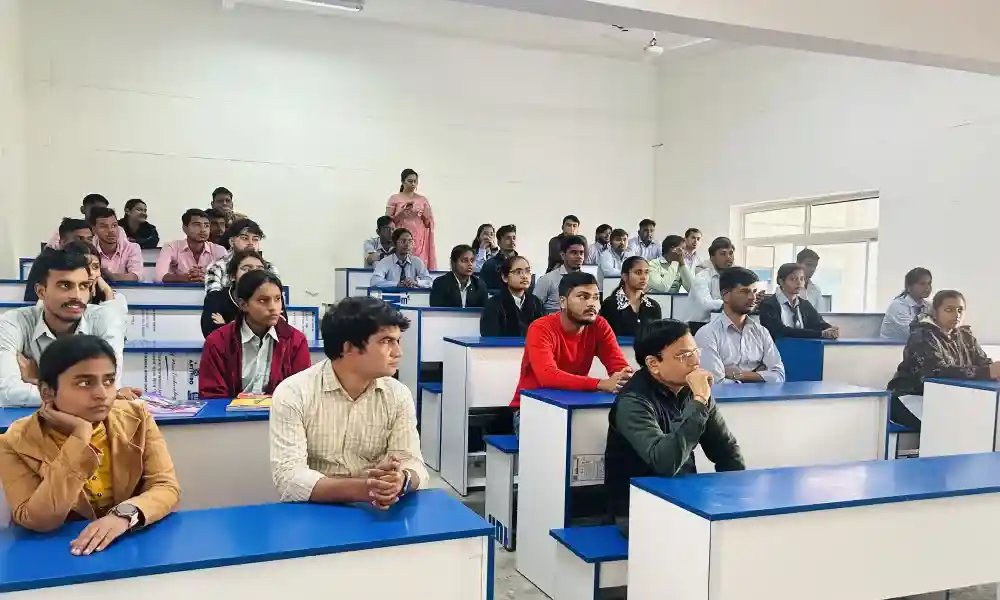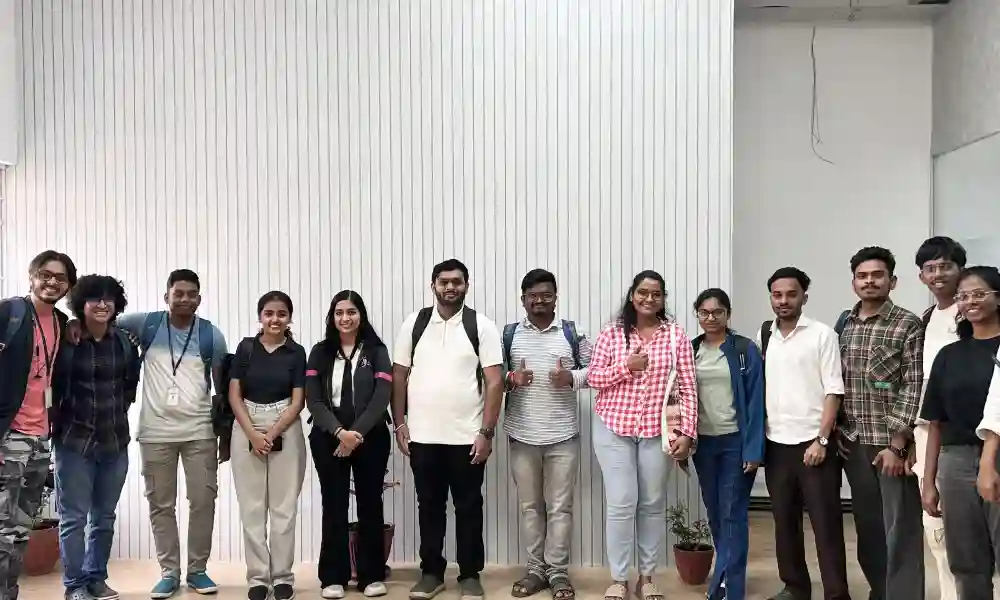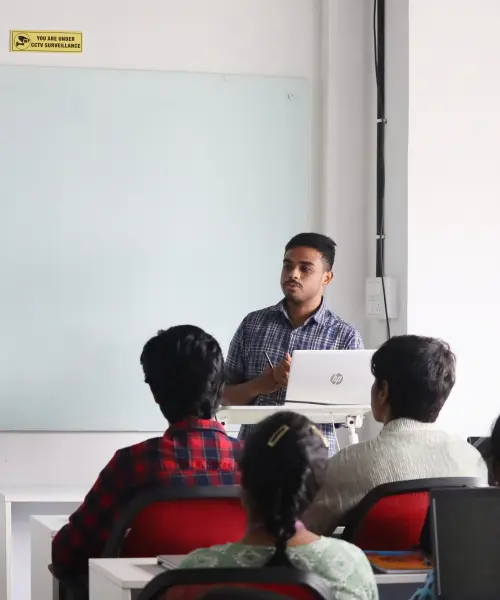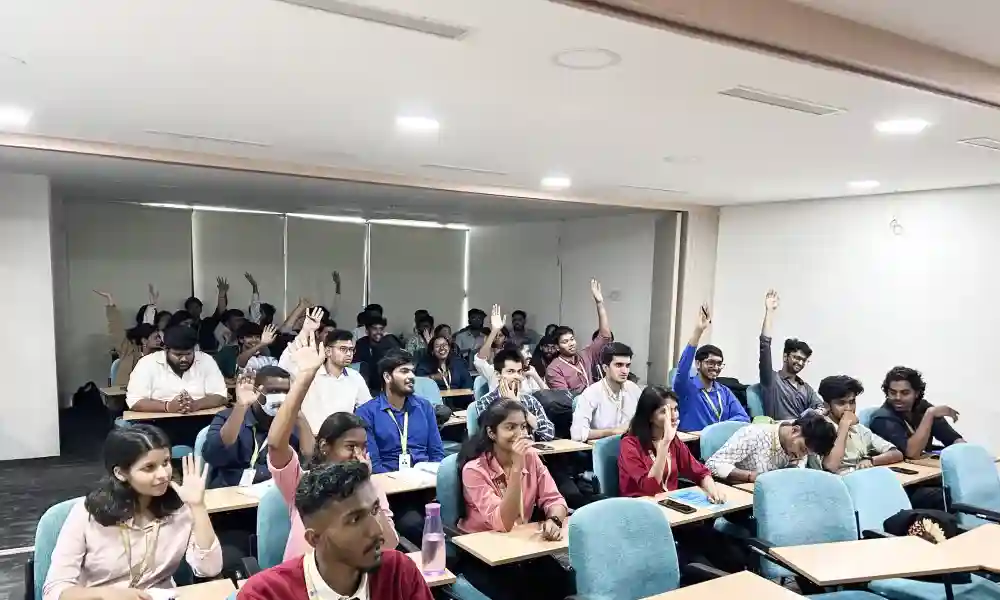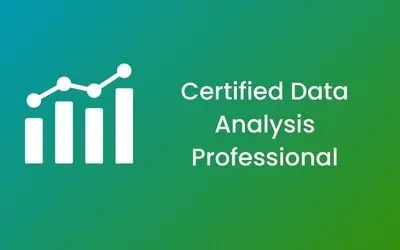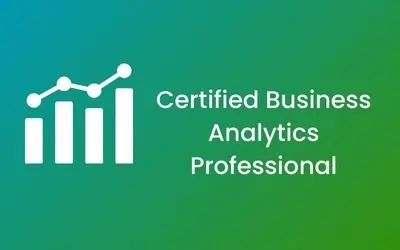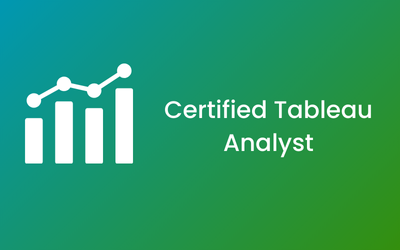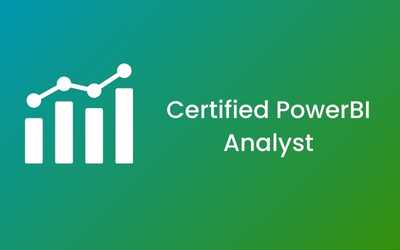-
Growing Analytics Career Opportunities: Thiruvananthapuram’s expanding IT parks, technology firms, government initiatives, and startup ecosystem are creating strong demand for data analysts and business intelligence professionals, offering long-term career growth and stability.
-
High-Paying Job Prospects: Skillfloor’s industry-ready analytics training prepares learners for well-paying roles in data analytics, business analytics, BI development, and reporting across leading companies.
-
Expert-Curated Curriculum: The program follows an industry-focused syllabus aligned with current market needs, covering essential analytics tools, real-world case studies, and practical workflows.
-
Training by Industry Specialists: Learn from experienced analytics and BI professionals who bring real-world insights, hands-on knowledge, and industry best practices into every session.
-
Practical, Real-World Exposure: Gain hands-on experience using live datasets, business case studies, and projects that help you confidently solve real business challenges.
-
Proficiency in Key Analytics Tools: Master in-demand tools such as Excel, SQL, Python, Power BI, and Tableau, giving you a competitive edge in Thiruvananthapuram’s growing analytics job market.
-
Comprehensive Career Support: Receive resume-building support, mock interview sessions, and placement assistance to prepare for analytics roles across Thiruvananthapuram and other major cities.
-
Industry-Recognized Certification: Earn a Skillfloor Analytics Certification that enhances your professional credibility and strengthens your profile with employers.
-
Supportive Learning Community: Join Skillfloor’s active learner and alumni network, enabling mentorship, peer collaboration, and job referral opportunities.
-
Affordable & High-Value Training: Skillfloor offers a practical, industry-oriented Data Analytics course at an affordable fee of just ₹14,900. This cost-effective program provides hands-on training, real-world projects, and expert guidance to ensure strong career returns on your investment.
Why Data Science Skills Are Essential for Today’s Digital Businesses
In today’s digital-first economy, data science has become a core business capability, with over 70% of companies actively investing in analytics and AI to stay competitive. From customer personalization to fraud detection and demand forecasting, data science enables smarter, faster decisions. AI systems depend on high-quality data, making AI training a critical extension of data science expertise. Businesses that combine analytics with AI-driven automation report improved efficiency, reduced costs, and better customer experiences, proving why data science skills are essential for long-term success. As data volumes continue to grow exponentially, organizations increasingly rely on skilled professionals who can translate complex data into actionable insights. This rising demand makes data science and AI skills among the most valuable assets for building future-ready, resilient digital businesses.
Objective of the Data Analytics Course at Skillfloor
The primary objective of Skillfloor’s Data Analytics course is to equip learners with practical, industry-ready skills that enable them to analyse, interpret, and derive actionable insights from data. The program is designed to bridge the gap between theoretical knowledge and real-world business applications, ensuring students and professionals can confidently handle analytics tasks across industries such as IT, finance, healthcare, e-commerce, and manufacturing.
Key objectives include:
-
Build Strong Analytical Foundations: Teach learners statistical concepts, data cleaning, and exploratory data analysis to handle structured and unstructured datasets effectively.
-
Master Key Tools and Technologies: Provide hands-on training in Excel, SQL, Python, R, Power BI, Tableau, and other industry-standard analytics tools.
-
Develop Business Problem-Solving Skills: Enable learners to apply analytics techniques to real-world business scenarios, creating dashboards, reports, and predictive models that guide decision-making.
-
Prepare for Industry Roles: Equip students with the skills needed for roles like Data Analyst, Business Analyst, BI Developer, Python Developer, and Analytics Consultant
-
Build a Strong Portfolio: Guide learners through live projects and case studies, creating a portfolio that demonstrates their capability to potential employers.
-
Certification and Career Readiness: Offer industry-recognised Skillfloor certifications that validate skills, boost employability, and improve chances of securing high-growth analytics roles.
Skillfloor’s Data Analytics course focuses not just on learning concepts but on applying them in real business contexts, ensuring learners are job-ready from day one.
In-Demand Data Analytics Roles and Skillsets Needed Today
As Thiruvanantapuram continues to grow as a hub for technology and data-driven business, the demand for skilled analytics professionals is steadily rising across industries. Key roles in analytics include:
-
Data Analyst: Collects, processes, and examines data to generate actionable insights that support business strategies.
-
Business Analyst: Translates data into business solutions, identifying trends and recommending improvements for organizational growth.
-
BI Analyst (Business Intelligence Analyst): Designs dashboards, reports, and visualizations to help stakeholders make informed decisions.
-
Reporting Analyst: Prepares regular reports, KPIs, and performance metrics to monitor business health.
-
Analytics Consultant: Advises organizations on data-driven strategies, process optimization, and analytics solutions. Professionals can also explore roles as a Generative AI Professional, developing AI-driven models to generate insights, automate processes, and create intelligent solutions.
Data Analytics Course Fee Structure in Thiruvananthapuram
- Basic/Short-Term Courses (1–3 Months): ₹15,000–₹40,000
- Advanced Certificate Courses (3–6 Months): ₹30,000–₹180,000
- Post-Graduate/Diploma Programs (6–12 Months): ₹120,000–₹600,000
- Executive/Master’s Programs (12–18 Months): ₹400,000–₹900,000
Skillfloor Course Fee Structure:
Skillfloor’s Data Analytics course fee in Thiruvananthapuram is competitively priced at ₹14,900, offering certified professional programs with hands-on projects, live training, internship opportunities, and dedicated career support—making it a cost-effective choice for students and working professionals.
-
Certified Data Analysis Professional: ₹14,900 (discounted from ₹60,000) — 2 months + 1-month internship.
-
Certified Business Analytics Professional: ₹14,900 (discounted from ₹60,000) — 2 months + 1-month internship.
-
Certified Power BI Analyst: ₹14,900 (discounted from ₹60,000) — 2 months + 1-month internship.
-
Certified Tableau Analyst:₹14,900 (discounted from ₹60,000) — 2 months + 1-month internship.
Internships and Placement Support in Thiruvananthapuram
Skillfloor in Thiruvananthapuram emphasizes practical, hands-on learning for its analytics courses. The programs include integrated internship opportunities, allowing learners to work on live, industry-relevant projects. This experience enhances technical skills, improves problem-solving abilities, and builds confidence as students prepare to enter the professional analytics world.
Skillfloor also provides analytics courses in Thiruvananthapuram with placement support, offering comprehensive career guidance. The Placement Assistance Team helps with resume building, mock interviews, and networking with potential employers, preparing students for roles such as Data Analyst, Business Analyst, BI Analyst, Reporting Specialist, and Data Analysis Professional. This combination of hands-on training and career support ensures learners are job-ready and well-positioned to succeed in Thiruvananthapuram’s growing analytics and business intelligence sector.
Unlock Your Data Analytics Career in Thiruvananthapuram
Thiruvananthapuram is rapidly emerging as a prominent technology and knowledge hub in South India. With a strong presence of IT parks like Technopark, a growing startup ecosystem, and increasing adoption of digital technologies across industries, the city is becoming a key center for analytics, AI, and innovation. Kerala’s focus on digital transformation, skilled talent, and tech-driven governance is further accelerating demand for data analytics professionals in the region.
Begin your journey toward a successful analytics career by enrolling in data analytics training courses in Thiruvananthapuram at Skillfloor. Our thoughtfully designed programs equip learners with practical, industry-relevant skills needed to thrive in today’s data-driven world. Along with analytics, Skillfloor also offers data science training in Thiruvananthapuram and digital marketing courses in Thiruvananthapuram, enabling learners to build cross-functional expertise. You also gain access to advanced programs in Artificial Intelligence, Machine Learning, Cloud Computing, MLOps, and Data Mining. Start learning with Skillfloor today and become part of the growing analytics and AI ecosystem shaping the future.

